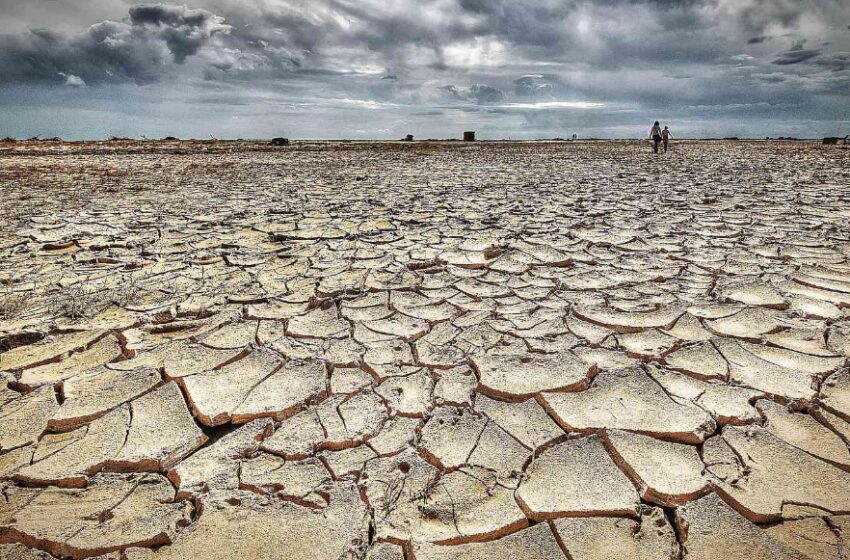
Pakistan Secures $10 Million to Drive Innovative Climate Solutions
Pakistan has made a significant stride in its climate resilience efforts by securing USD 10 million in funding from the Adaptation Fund.
This financial support, approved by the Adaptation Fund Board, will be directed towards the Sustainable Actions for Ecosystems Restoration in Pakistan (SAFER) project, a collaborative initiative led by the Ministry of Climate Change and Environmental Coordination in partnership with the International Centre for Integrated Mountain Development (ICIMOD) as detailed in a report by the Press Trust of India.
The SAFER project aims to address critical challenges in water, sanitation, and hygiene (WASH) sectors, particularly targeting vulnerable groups such as women, children, and youth. These communities are often disproportionately affected by climate-induced crises. By focusing on these demographics, the project seeks to enhance resilience and promote sustainable practices that can withstand the adverse impacts of climate change.
The funding aligns with Pakistan’s broader national strategies, including its National Adaptation Plan and the Living Indus Initiative. These frameworks advocate for nature-based solutions and ecosystem-based adaptation approaches to safeguard and restore vital ecosystems across the Indus Basin. Given that approximately 90 per cent of Pakistan’s population resides within this region, changes in the river’s flow due to climate change pose a significant threat to both economic stability and ecological health.
Implementation of the SAFER project will take place over the next three-and-a-half years in key regions, including Gilgit-Baltistan, Khyber Pakhtunkhwa, and Sindh. The initiative plans to establish community-based early warning systems in high-risk areas, develop nature-based spring-water recharge systems for water-stressed communities, and enhance climate-resilient water infrastructure. These measures are designed not only to mitigate immediate risks but also to empower local communities through participatory approaches.
Romina Khurshid Alam, Coordinator to the Prime Minister on Climate Change & Environmental Coordination, expressed enthusiasm about this development: “We’re delighted to see this project get the go-ahead which aligns perfectly with the Pakistan government’s priority to address climate challenges and strengthen resilience in the face of increasing climate-related disasters.”
Brief history of ICIMOD
The International Centre for Integrated Mountain Development (ICIMOD) has been instrumental in facilitating this initiative. Established in 1983, it focuses on promoting sustainable development across the Hindu Kush Himalaya region. By collaborating with various stakeholders, ICIMOD aims to create a greener and more inclusive environment that is resilient to climate change.
As Pakistan embarks on this ambitious project, it sets a precedent for other developing nations facing similar challenges. The SAFER initiative not only reflects a commitment to environmental sustainability but also underscores the importance of community engagement in tackling climate change effectively.

